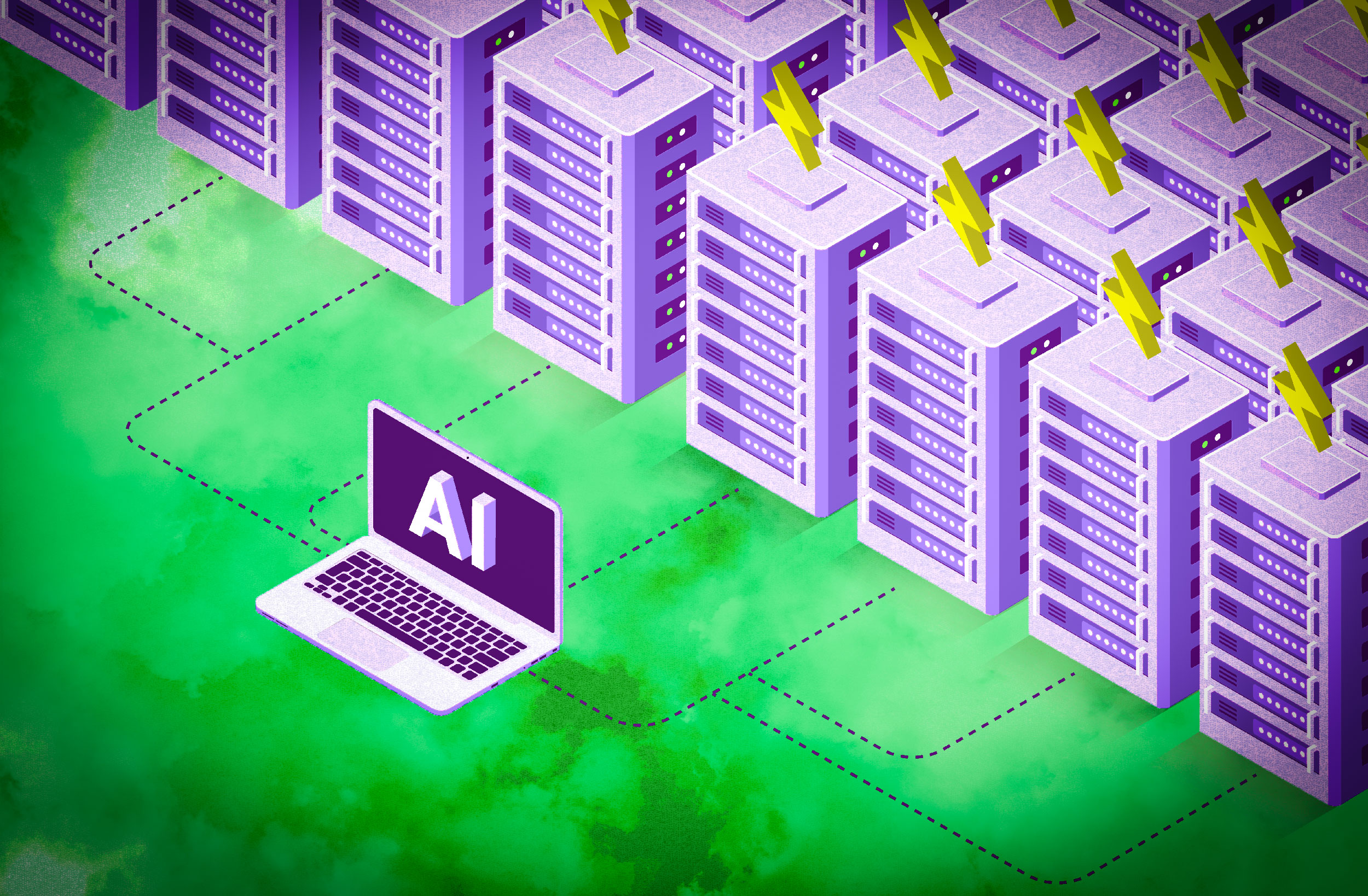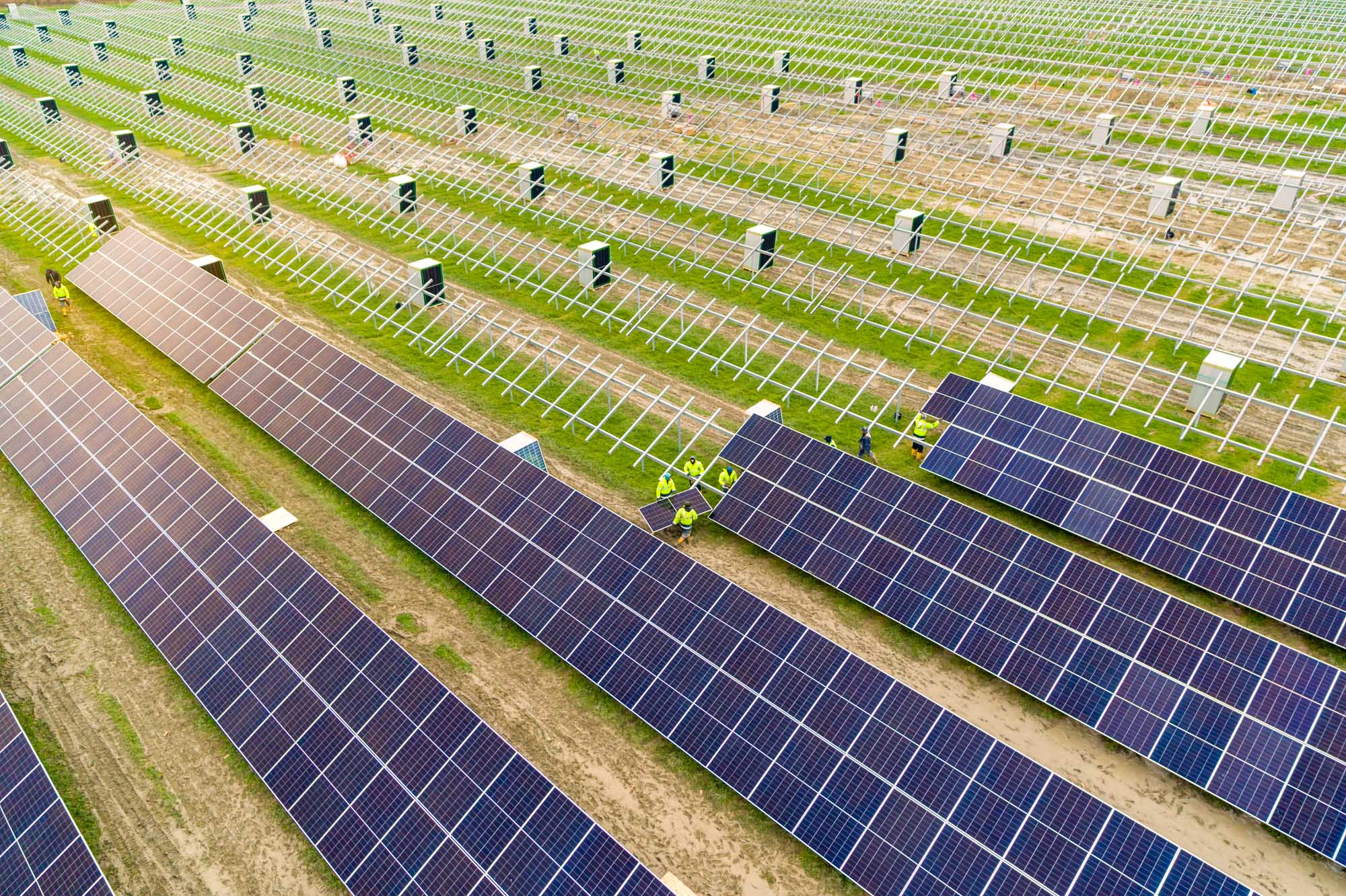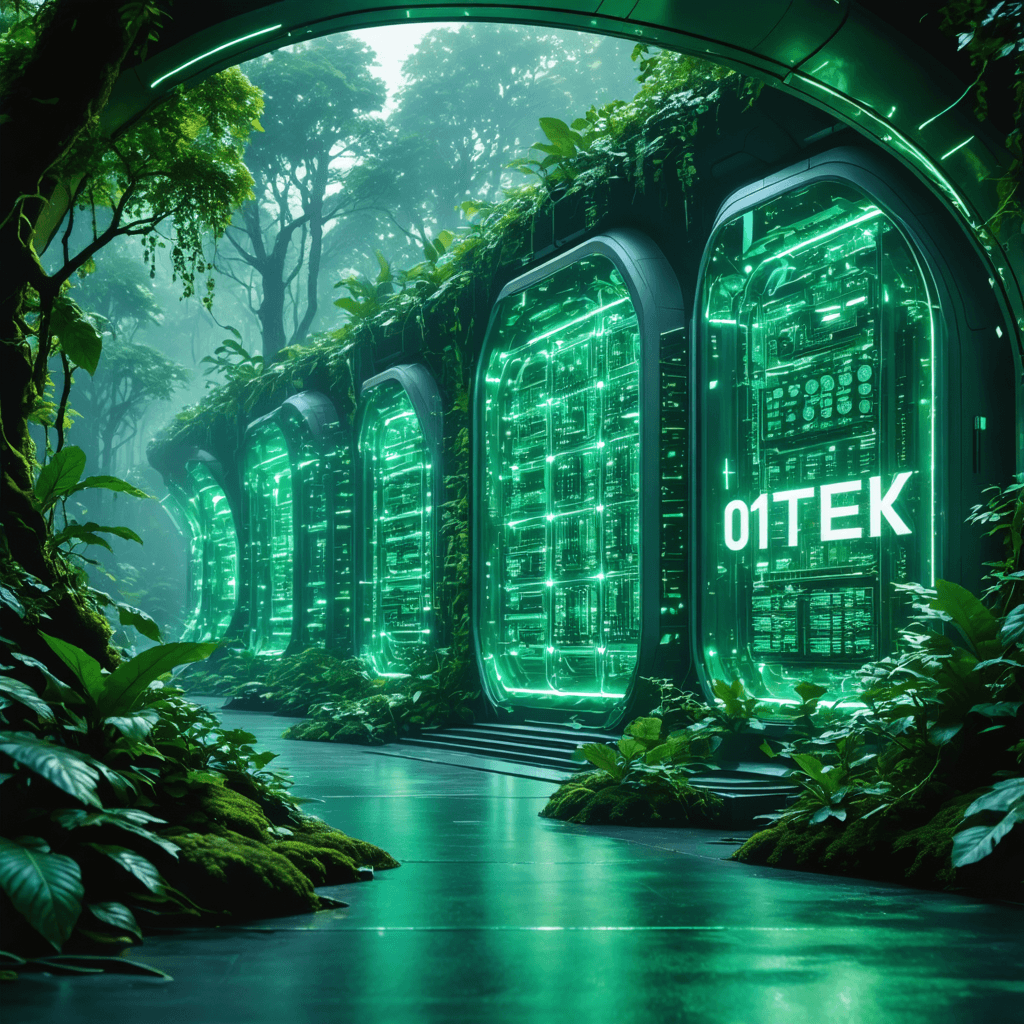How Green Tech is Revolutionizing Our Planet's Future: From Data Centers to Zero-Waste Innovation
In today's rapidly evolving technological landscape, green technology is emerging as a powerful force in reshaping our approach to environmental sustainability. From revolutionary data center designs to innovative zero-waste solutions, the intersection of technology and environmental consciousness is creating unprecedented opportunities for a more sustainable future.
The Evolution of Sustainable Data Centers

The digital revolution has led to an exponential increase in data center energy consumption, prompting a radical rethinking of how these facilities are designed and operated. According to recent reports, data center operators are implementing groundbreaking solutions to reduce their environmental impact. Microsoft's latest sustainability report highlights the implementation of direct-to-chip cooling systems, which significantly reduce energy consumption while maintaining optimal performance.
Recent innovations in data center sustainability include:
- Advanced cooling technologies reducing mechanical energy usage by up to 46%
- Integration of renewable energy sources
- Implementation of AI-driven energy optimization systems
- Reduction of embodied carbon in construction materials by 35%
The Rise of AI-Powered Sustainability

Artificial Intelligence is playing a pivotal role in advancing green technology. While AI systems themselves require significant computational resources, they're also being leveraged to optimize energy consumption and reduce environmental impact across various sectors. According to MIT's recent study from January 2025, AI technologies are being deployed to:
- Optimize energy grid management
- Enhance renewable energy forecasting
- Improve waste sorting and recycling efficiency
- Develop new sustainable materials
Innovation in Renewable Energy Integration
The renewable energy sector has witnessed remarkable advancement in 2025. Deloitte's latest industry outlook reveals that technological innovation is driving the emergence of 24/7 renewable solutions. Key developments include:
- Enhanced energy storage systems
- Smart grid technologies
- Improved solar panel efficiency
- Advanced wind turbine designs
- Hybrid renewable energy systems
Zero-Waste Technologies and Circular Economy
The push toward zero-waste operations has sparked innovative solutions across industries. Companies are increasingly adopting circular economy principles, implementing technologies that:
- Convert waste into valuable resources
- Minimize production waste through AI-optimized manufacturing
- Develop biodegradable alternatives to traditional materials
- Create closed-loop supply chains
Smart Cities and Green Infrastructure

Smart city initiatives are incorporating green technology at unprecedented rates. Google's latest sustainability updates showcase how digital solutions are making urban environments more sustainable through:
- Intelligent traffic management systems
- Smart building energy management
- Connected public transportation networks
- Urban farming technologies
- Water conservation systems
The Future of Green Manufacturing
Manufacturing is undergoing a green revolution with the integration of:
- Advanced recycling technologies
- Energy-efficient production processes
- Sustainable material development
- Smart factory solutions
- Zero-emission manufacturing facilities
Environmental Monitoring and Protection
Modern technology is enhancing our ability to protect and restore natural ecosystems through:
- Satellite-based environmental monitoring
- IoT sensors for pollution detection
- AI-powered wildlife conservation
- Digital forest management systems
- Ocean cleanup technologies
The Role of Individual Action
While large-scale technological solutions are crucial, individual participation remains vital. Everyone can contribute to environmental sustainability by:
- Adopting energy-efficient technologies
- Supporting green tech initiatives
- Practicing responsible digital consumption
- Participating in local sustainability programs
- Making informed environmental choices
Conclusion
The green technology revolution is not just about environmental protection – it's about creating a sustainable future that balances technological advancement with ecological responsibility. As we continue to innovate and implement these solutions, the potential for positive environmental impact grows exponentially.
Ready to be part of the green tech revolution? Explore our comprehensive courses and resources at 01TEK to learn how you can contribute to a more sustainable future. Visit our website today to discover programs in sustainable technology, renewable energy, and environmental innovation.
Sources: 1. Deloitte Renewable Energy Outlook 2. Microsoft Sustainability Report 3. MIT News - AI Environmental Impact 4. Google Sustainability 5. Data Center Industry Trends
Don't waste your life in doubts and fears: Spend yourself on the work before you, well assured that the right performance of this hour's duties will be the best preparation for the hours or ages that follow it.
Ralph Waldo Emerson




